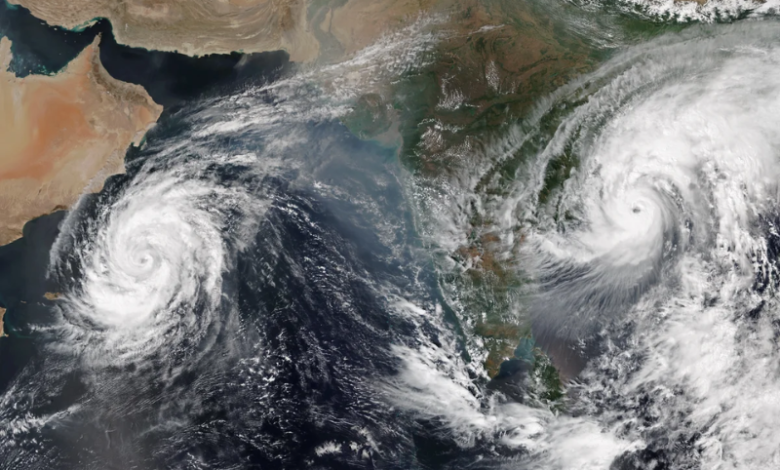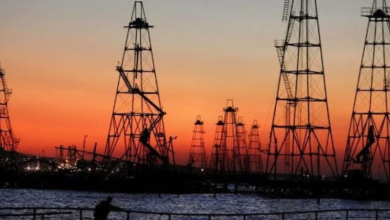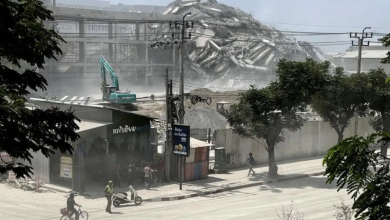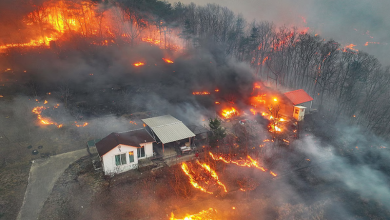Is Climate Change to Blame for Deadly Cyclone Chido?

Cyclone Chido struck Mayotte on Saturday, December 14th and hundreds are said to have died there. The storm is among the strongest to have struck French territory abroad. Over 200 kph winds caused entire neighborhoods to be flattened and many villages lost electricity and communications. According to the most recent report from Mayotte Hospital which was cited by Mamoudzou’s mayor Ambdilwahedou Soumaila, the official death toll has increased to 22 with over 1,400 injuries. But because there were so many unauthorized migrants, authorities think the typhoon may have killed hundreds or maybe thousands of people.
The island’s authorities are currently fighting to stop the spread of sickness, starvation and anarchy. The French meteorological agency Meteo France claims that Cyclone Chido is the worst storm to strike Mayotte in over 90 years. It struck the island as a powerful tropical storm which is uncommon for the foreign territory.
According to a quick research from Imperial College London, Tropical Cyclone Chido’s catastrophic winds were exacerbated by human caused climate change, raising it from a Category 3 storm to a Category 4 hurricane when it made landfall on Mayotte.
Researchers discovered that when climate change struck Chido, wind speeds rose by almost 11 kph. Additionally, the likelihood of cyclones of this magnitude striking Mayotte increased by 40% in comparison to pre industrial periods increasing the likelihood of the storm. Climate change also increased the likelihood by more than 50 times of hot water temperatures that fueled the formation and quick intensification of Chido.
Tropical cyclones like Chido may become much more frequent if global warming hits 2.6°C which is expected to occur by 2100 unless fossil fuels are quickly replaced by renewable energy. The situation might worsen France’s already existing political problem, since President Emmanuel Macron has promised to travel to another country in the next few days.



